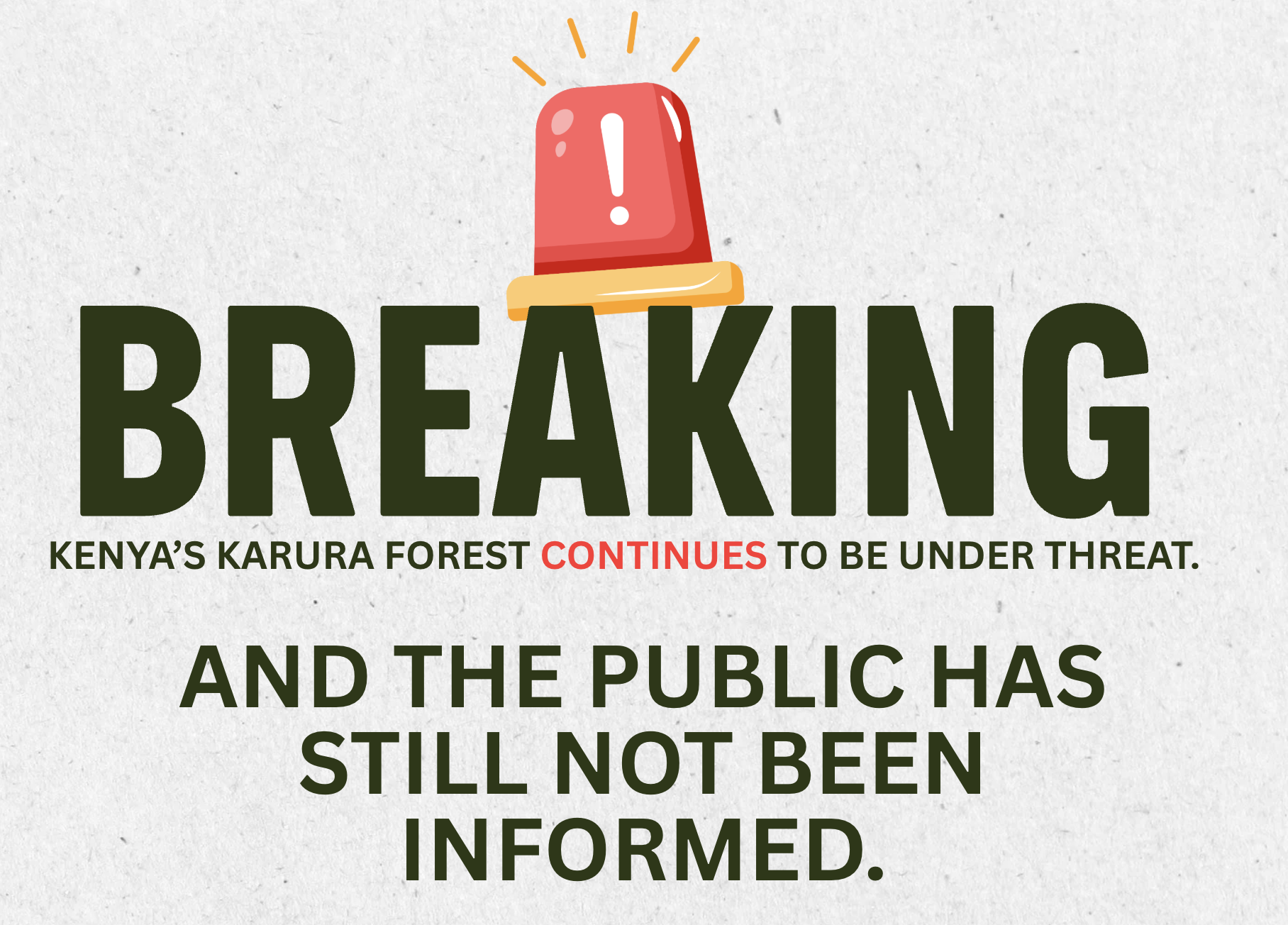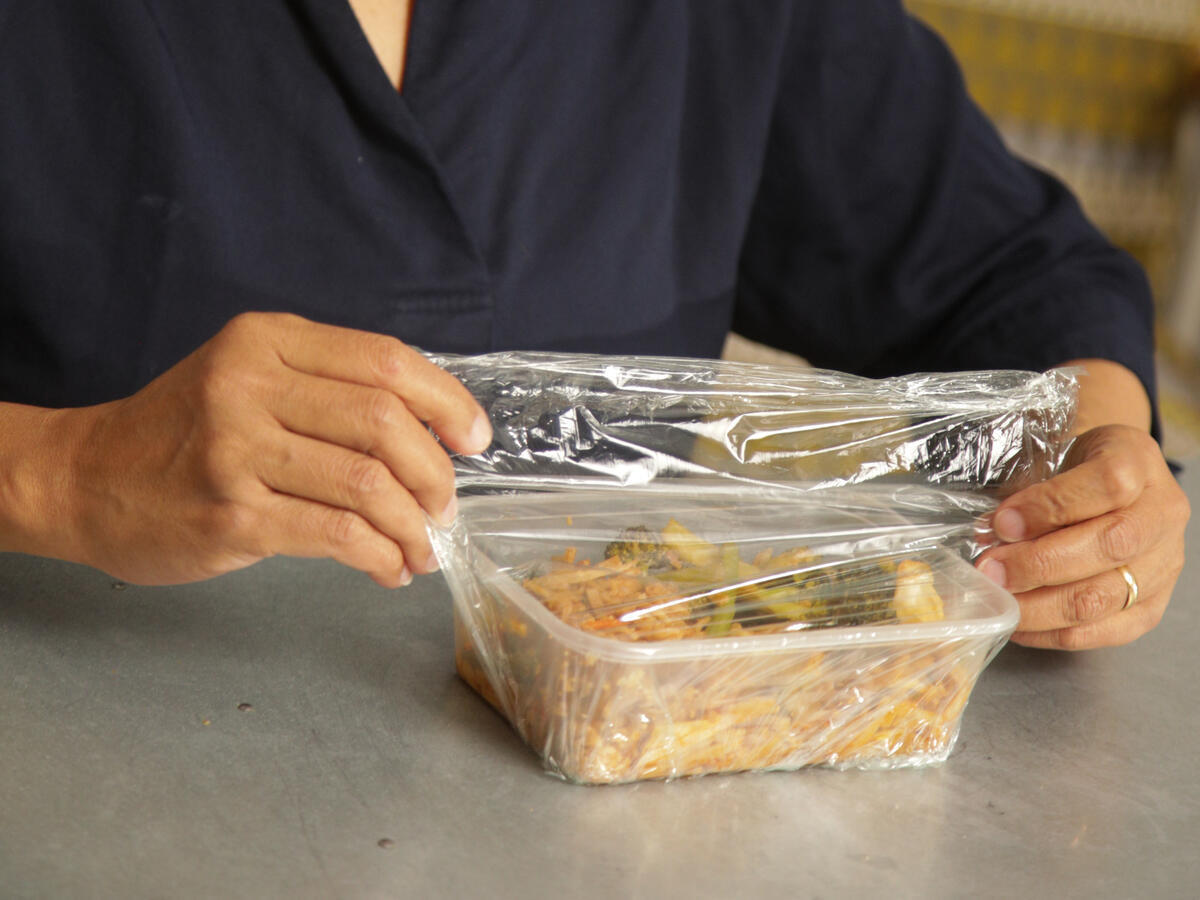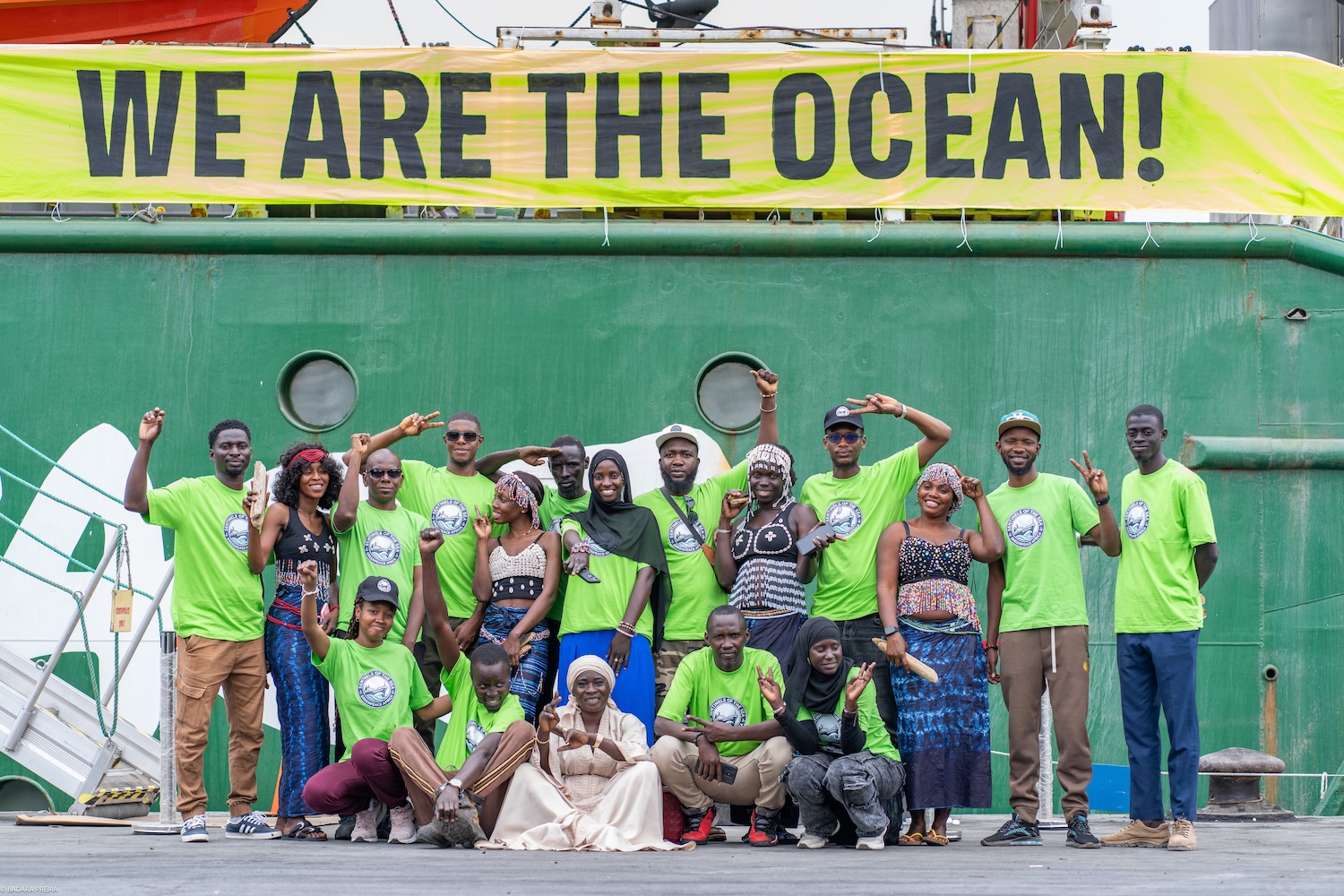Johannesburg, South Africa – As BRICS leaders gather in Brazil, African civil society voices—led by Greenpeace Africa—are urging the bloc to move beyond symbolism and deliver bold, people-centered action for climate justice, ecological protection, and equitable development. In a world marked by growing inequality and climate instability, BRICS must become a genuine platform for Global South leadership that places African priorities and civil society demands at its core.
Africa’s Urgent Call: from symbolism to action
The summit comes in the wake of yet another disappointing outcome at the Bonn Climate Conference, where wealthy nations once again failed to meet the urgency of the moment. With COP30 on the horizon and climate impacts accelerating across the African continent, civil society is calling on BRICS to use this pivotal moment to help shift global power structures and address the systems that continue to marginalize African communities and ecosystems.
Fred Njehu, Global Political Lead, Fair Share Campaign, Greenpeace Africa, said:
“African civil society is not giving up on our demands for real change. We’re demanding that BRICS leaders step up and deliver real change for the planet and people. South Africa, as both a BRICS founding member and G20 host, has a moral and political obligation to push for equity and accountability. That starts with leading efforts on reforming the global financial architecture, tax rules and leading a pan African push for ambitious, people-first 2035 climate actions. We need action that puts African lives and livelihoods before billionaires’ greed and profits. Frontline communities across this continent are already paying the price for climate inaction. It’s time for BRICS to prioritize climate finance that reaches grassroots solutions, not just boardrooms.”
Civil Society priorities for BRICS action
African civil society is united in calling for:
- A just energy transition that centers workers, youth, women, and communities—not fossil fuel interests.
- Climate finance justice, with transparent, accessible funding for community-led adaptation and resilience.
- Full ratification of the High Seas Treaty, to protect African marine ecosystems from exploitation.
- Protection of the Congo Basin forest and Indigenous people’s rights, including meaningful participation in global forest initiatives.
- A Global Plastics Treaty that cuts production at the source and stops the waste colonialism harming African communities.
Koaile Monaheng, Pan-African Political Strategist, Greenpeace Africa, added:
“In a year as the G20 host, South Africa also needs to live up to its global responsibilities and a good place to start is ratifying the global oceans treaty and pushing other BRICS members to do the same. But responsible leadership also starts at home and South Africa must push ahead with an ambitious 2035 climate action plan to set the scene for climate finance talks at COP30.”
A moment to demonstrate Global South leadership
The BRICS Summit offers a critical opportunity to demonstrate the rising influence of the Global South in shaping a more just and sustainable global order. With Brazil hosting COP30 next year, the bloc is uniquely positioned to send a clear and united message: BRICS nations are ready to lead with purpose on the most urgent environmental challenges of our time.
From intensified droughts and flooding to threats to food and water security, climate impacts are already being felt deeply across the Global South. BRICS countries—many of them directly affected—can help craft practical, cooperative solutions that reflect both the urgency and diversity of local contexts.
Climate Action, Forest Protection, and the Plastics Treaty
As discussions progress, there is a clear opportunity for BRICS to advance bold 2035 climate action plans that support an inclusive energy transition. These plans must be anchored in national realities but also promote cross-regional solidarity and resilience.
Initiatives like Brazil’s Tropical Forests Forever Facility could serve as important models—if they prioritize participation, transparency, and the rights of Indigenous Peoples and Local Communities who are already at the forefront of forest protection across the Amazon, Congo Basin, and Southeast Asia.
On plastics, BRICS leaders have the opportunity to influence the upcoming Global Plastics Treaty negotiations in Geneva by pushing for a treaty that addresses production at the source, promotes a just transition for waste workers, and ensures Global South realities are embedded in the solutions.
Protecting the Ocean Commons
Momentum is also building around the High Seas Treaty, a landmark effort to protect ocean biodiversity beyond national jurisdiction. BRICS countries have contributed to its progress, and continued leadership will be vital to uphold multilateralism, science-based decision-making, and long-term ocean stewardship.
Charting a path forward
Greenpeace Africa believes that BRICS has a vital role to play in strengthening environmental and climate governance, both regionally and globally. Rooted in the shared principles of equity, development, and cooperation, the bloc has the potential to help reshape how the world responds to the intersecting crises of climate, nature, and inequality.
The world is watching with anticipation. The decisions made in Rio can lay the foundation for a renewed collective ambition at COP30 and beyond—showing that a more inclusive, justice-centered form of leadership is not only necessary, but already within reach.
Contacts:
Aaron Gray-Block, Climate Politics Communications Manager, Greenpeace International, aaron.gray-block@admin
Ibrahima Ka NDOYE, Greenpeace Africa, +221 77 843 71 72, [email protected]
Greenpeace International Press Desk, +31 (0)20 718 2470 (available 24 hours), [email protected]



